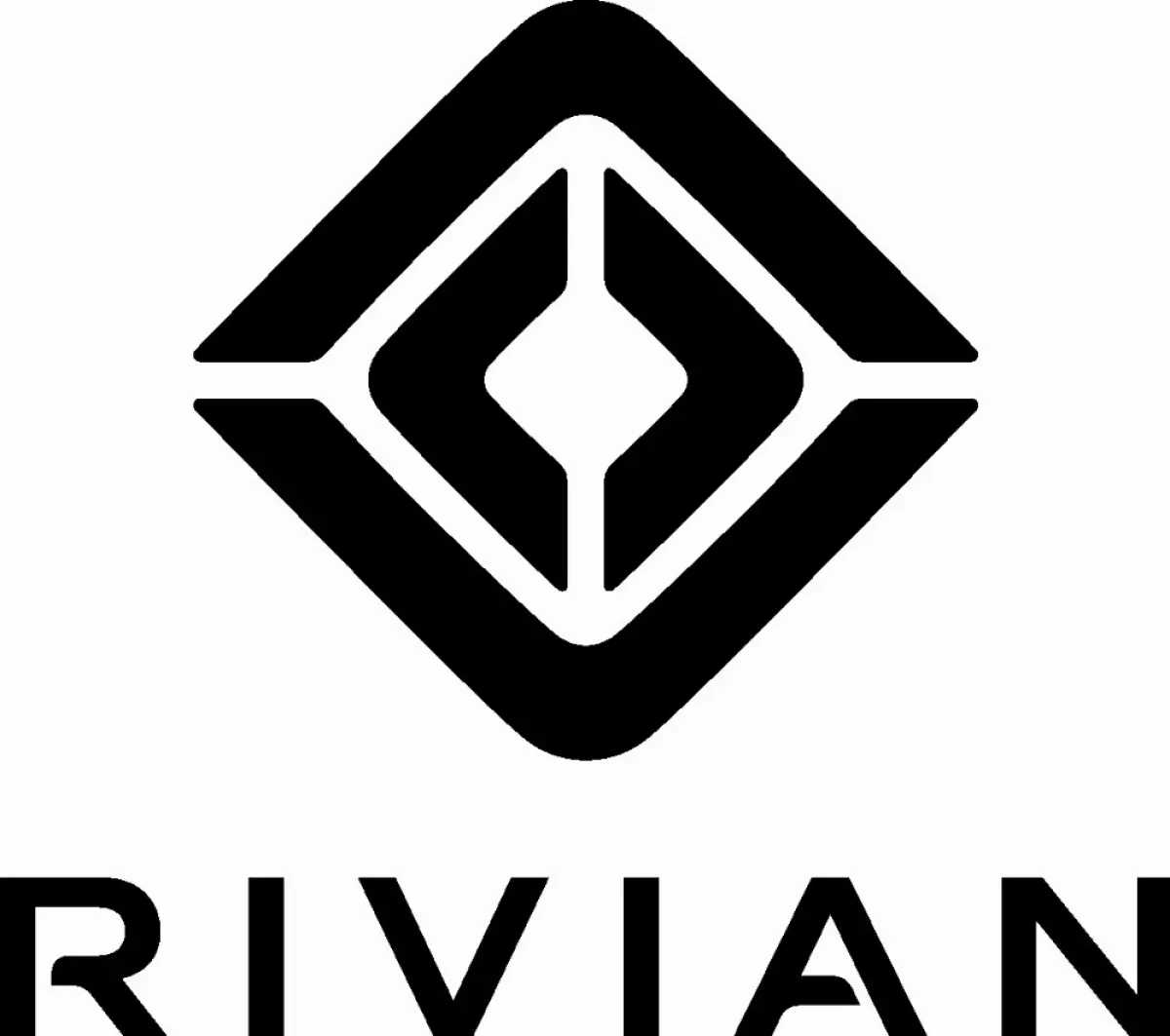Rivian is an American electric vehicle manufacturer and automotive technology company established in 2009. It produces electric SUVs, pickup trucks (R1T), and delivery vans (EDV) using a unique 'skateboard' platform adaptable for other vehicles. R1T deliveries began in late 2021. Rivian also planned to establish a dedicated charging network across the US and Canada.
December 20, 2018: Alex Honnold announces partnership with Rivian
On December 20, 2018, professional rock climber Alex Honnold announced his partnership with Rivian, becoming a brand partner and collaborator.
June 15, 2019: Rivian announces collaboration with Honnold Foundation and Casa Pueblo
On June 15, 2019, Rivian announced plans to collaborate with the Honnold Foundation and Casa Pueblo on a solar project, aiming to establish a microgrid in Adjuntas, Puerto Rico. Rivian planned to repurpose used battery packs from its development vehicles into stationary energy storage units. The microgrid is intended to grant residents access to electricity for core business and will be used daily to mitigate the high cost of energy in Puerto Rico.
2019: Rivian partners with Ewan McGregor and Charley Boorman for 'Long Way Up'
In 2019, Rivian partnered with actors Ewan McGregor and Charley Boorman to provide prototypes for use as logistics vehicles and camera cars for the British TV series Long Way Up. They also set up 240 level 2 charging stations at 140 locations, along the route from Tierra del Fuego to Los Angeles.
July 2020: Tesla sues Rivian for stealing proprietary information
In July 2020, Tesla sued Rivian for allegedly stealing proprietary information, as well as for poaching employees.
March 2021: Illinois Automobile Dealers Association files lawsuit against Rivian
In March 2021, the Illinois Automobile Dealers Association filed a lawsuit against Rivian and fellow EV manufacturer Lucid Motors for their plans to sell electric vehicles directly to consumers.
November 2021: Laura Schwab files suit against Rivian for discrimination
In November 2021, Rivian's former sales and marketing vice president Laura Schwab filed a suit against the company, claiming she was fired a month after raising concerns of discrimination and Rivian being a "boys' club" to the company's HR department. Schwab also claimed that she warned company executives of their vehicles being underpriced and the manufacturing process not conforming to security standards.
2024: Rivian factory cited for safety violations
According to Bloomberg in 2024, Rivian's only factory has "racked up more US safety violations initially deemed 'serious' than any other automaker since the start of last year."
2024: Volkswagen announces joint venture with Rivian
In 2024, Volkswagen announced they would form a joint venture with Rivian.
Mentioned in this timeline

George Soros is a Hungarian-American investor and philanthropist with a...
California is a U S state on the Pacific Coast...
Puerto Rico is a self-governing Caribbean archipelago and island that...

San Francisco is a major commercial financial and cultural hub...
Germany officially the Federal Republic of Germany is a nation...

Inflation in economics signifies an increase in the average price...
Trending

6 minutes ago Clara Tauson Dominates Linette in Dubai, Secures WTA 1000 Quarterfinal Spot

6 minutes ago Pegula Defeats Jovic, Advances to Dubai Quarterfinals; Set to Face Tauson
6 minutes ago Toyota Supra and Lexus LC May Share Platform for Next Generation Models
7 minutes ago Alaska Airlines pilots get shocking pay raises, reshaping network and margins.
7 minutes ago Ramadan 2026 Timetable: Fasting Hours, Suhoor, and Iftar Times Worldwide Confirmed.
1 hour ago Ski Mountaineering to Debut at Milan-Cortina Winter Olympics in 2026.
Popular

Jesse Jackson is an American civil rights activist politician and...
Randall Adam Fine is an American politician a Republican who...

Pam Bondi is an American attorney lobbyist and politician currently...

Barack Obama the th U S President - was the...

Martin Luther King Jr was a pivotal leader in the...

Ken Paxton is an American politician and lawyer serving as...
